Allies and the LGBT community work better together
Credit: Moe Martin
Staff Writer Moe Martin’s illustration of an LGBT member (right) and a straight ally (left). The images depicts the difference between the two members backgrounds: both metaphorically and physically, while showcasing the similarity of the individuals.
October 20, 2021
In recent years, numerous students have come to the realization that they align with the ideals, identity and community of the LGBTQ+. LGBTQ+ stands for “lesbian, gay, bisexual and Transgender,” the plus sign symbolizing many smaller identities such as asexual, nonbinary, intersex, pansexual or two spirit.
Many people refer to it as the “queer community” or “gay community.” It is a community centered around gender, sexual-orientation, acceptance and love. This includes acceptance and love of all religions, races, nationalities and people with disabilities.
People who identify as LGBTQ+ are not always accepted by those who don’t. Though the reports of harassment has decreased over the decades, there are still active anti-LGBT+ hate groups in the United States. Members of these groups commit horrible crimes; verbal harassment, sexual harassment, assault and sexual assault are common amongst LGBTQ+ teens, adults and senior citizens in the USA. LGBT+ people are four times more likely to be discriminated against or harassed than their heterosexual and cisgender peers, even more likely if the LGBT+ person is a person of color and/or disabled according to UCLA Williams Institute.
But what about those outside of the USA? It might be terrifying to hear, but ⅓ of the world still has laws against LGBT+ people. Some countries like Iran, Brunei and Saudi Arabia will send you to jail, conversion camps or give you the death penalty for simply being gay.
People perpetuating these crimes are commonly known as homophobes or transphobes, the exact opposite of allies.
What exactly is an ally? An ally is a person who actively supports and encourages the freedom and expression of those who are LGBT+.
“The most important part of being an ally is de-centering yourself,” John Kreider, Loy Norrix librarian and advisor of the Gender and Sexuality Alliance club said. “You have to realize it’s not about you. Ally is not an identity, and it’s not something we should call ourselves. Allyship is something we practice consistently by challenging ourselves to recognize where we have privilege, and to use that privilege to work in solidarity with a marginalized community, whether that’s the LGBTQ+ community or another group.”
Ally is a concept, not an identity, as Kreider explained. It is the concept of educating yourself, listening to others and being kind. Though, the route of allyship isn’t smooth, it’s a rocky road of mistakes and misunderstandings of identities, pronouns and more. You might misgender someone or misunderstand one’s identity, but what is important is the want to learn and grow. Who you were yesterday is not the same person you are today. You can become that person through GSA.
“GSA is open to everyone,” Kreider said, “so allies are more than welcomed. I think learning more about the realities of being an LGBT+ student in this school could help their students understand what they could advocate for and how they can support their friends and family.”
This is the prime experience of allyship: learning, growing and supporting.


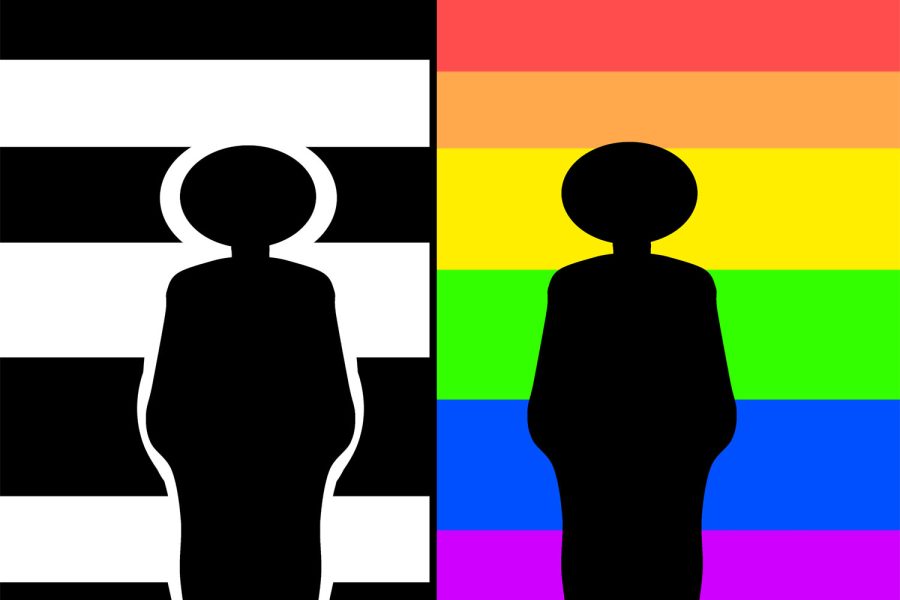
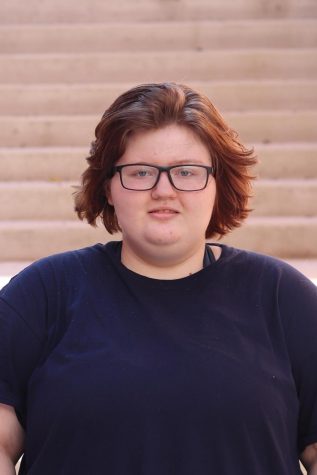

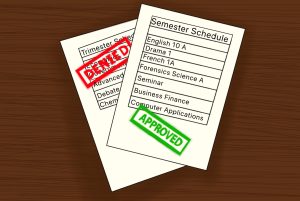
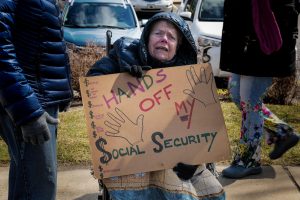

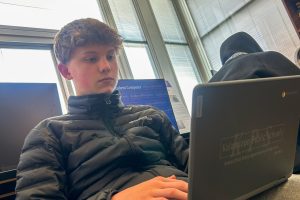
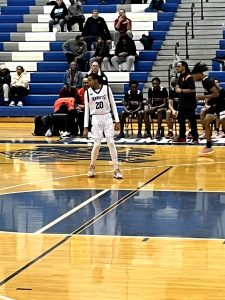

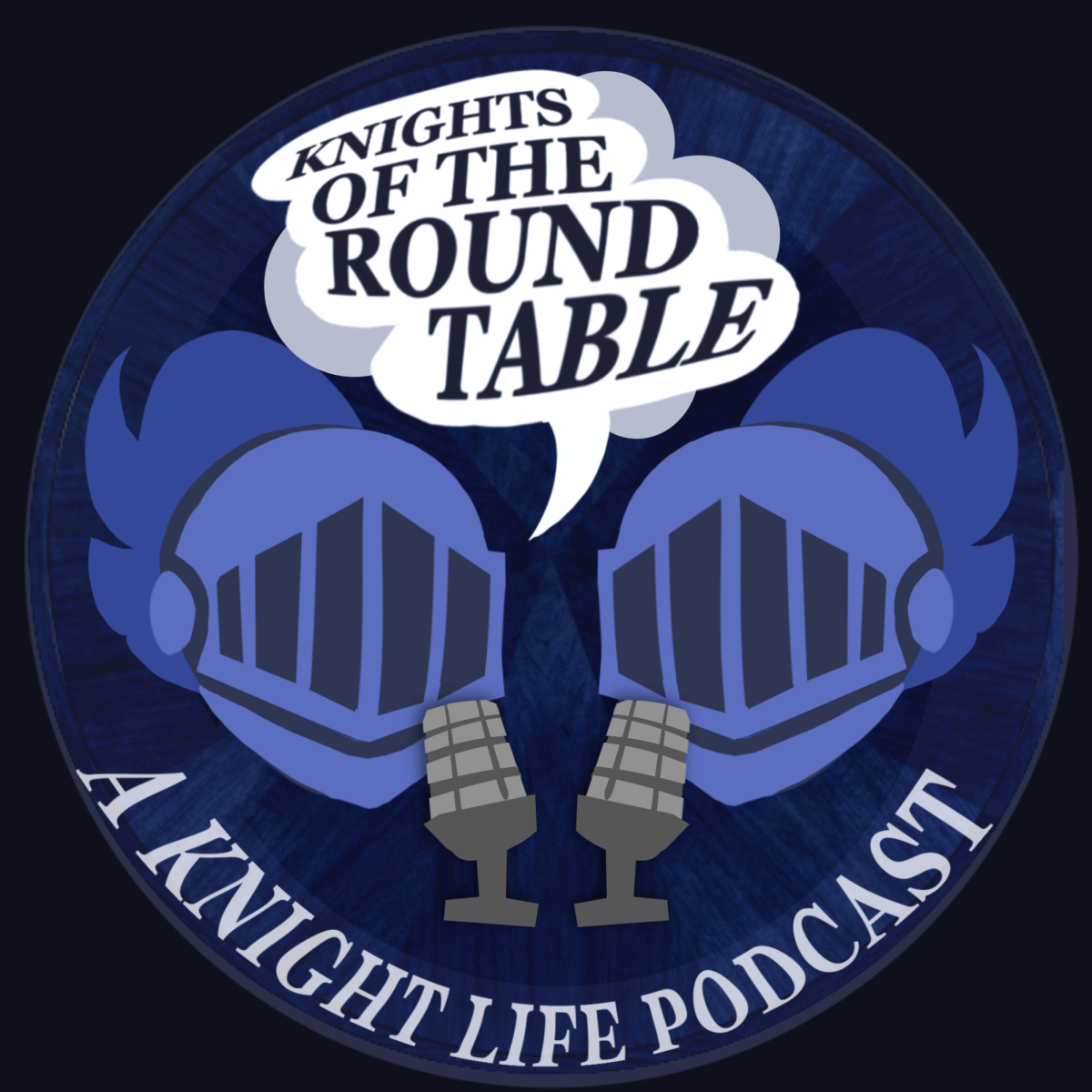

clinton • Nov 11, 2021 at 12:39 pm
straight people don´t need a flag <3